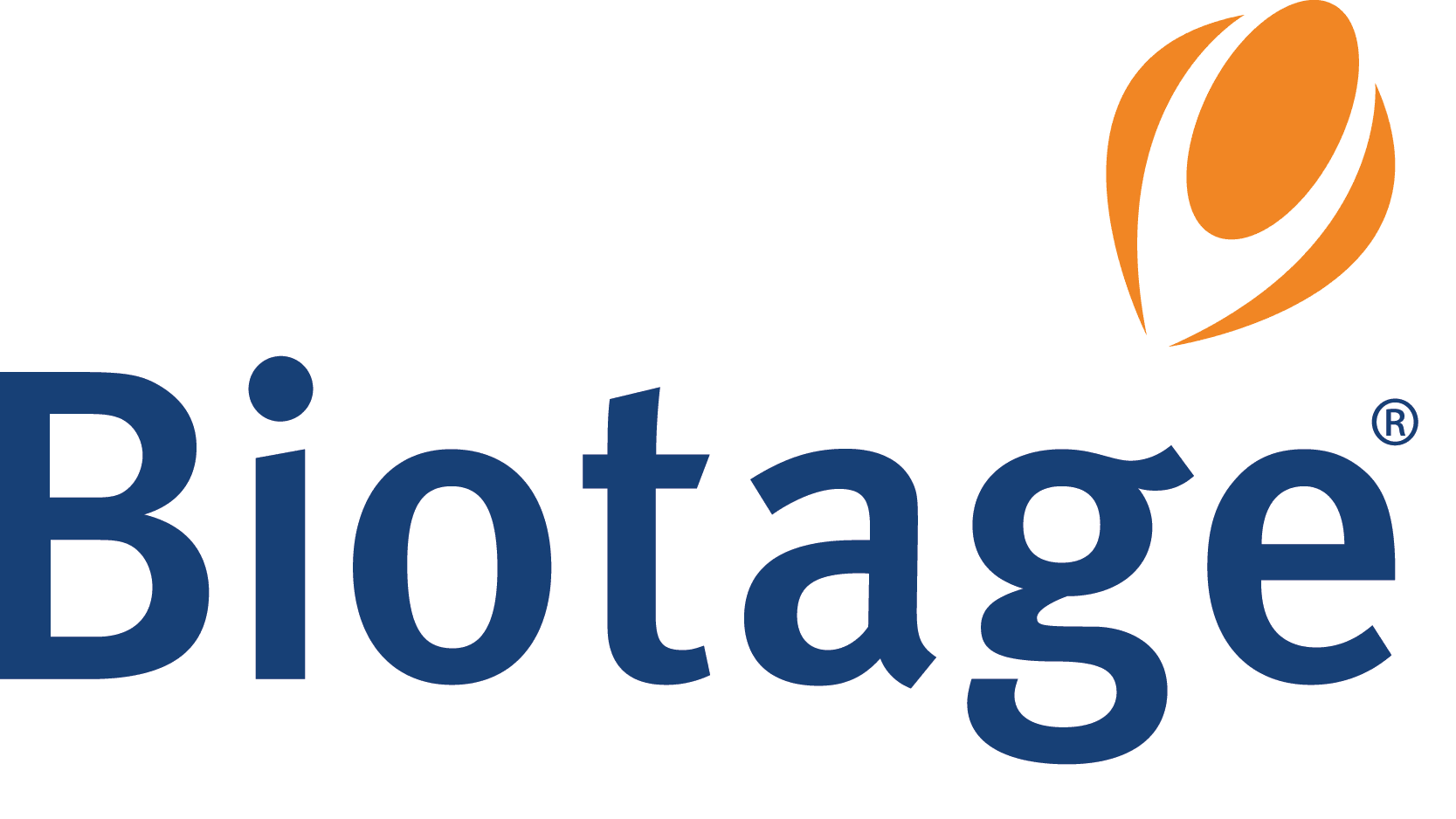Introduction
It is now well-known that mobile phase components (i.e. additives and solvents) play a major role in ionization efficiency. Laboratory facing challenges in fast method development and high sensitivity are often condemned to use generic mobile phases and to invest in expensive high-end mass spectrometers. Furthermore, recent developments in HPLC columns allow more flexibility in the use of acidic or basic additives as well as viscous solvents. In this study, we propose a rapid and systematic methodology to quickly optimize HPLC mobile phase recipe from a MS sensitivity point of view.
Materials and Methods
Model compounds representing a wide panel of chemical classes (Table 1) were dissolved in several mobile phase mixtures. Compounds were chosen with different chemical moieties and hydrophobicity. They were also chosen in order to have both compounds ionized in positive or negative mode and some of them could only be ionized forming salt adducts.





